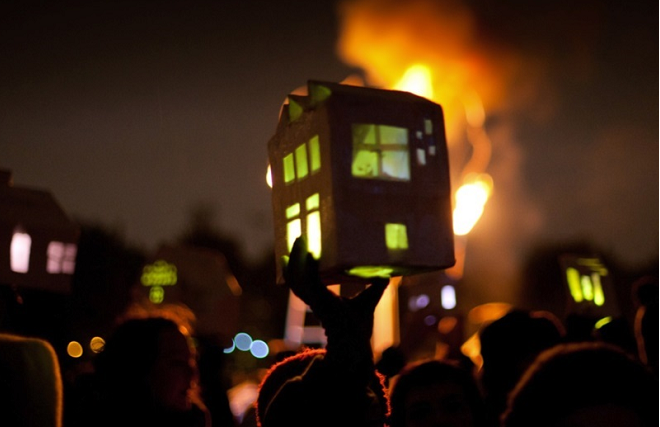Culture Reset: supercharging the cultural sector

Culture Reset was devised as a rapid response peer-led programme, funded by the Calouste Gulbenkian Foundation (UK Branch), for arts and culture professionals seeking to use this period of crisis to reimagine the future of arts and culture. Our aim has been to be bold and sensitive at the same time, recognising the need for urgent and radical change, and the pressures – individual and collective – across our sector.
“We see Culture Reset as an intervention that allows individuals to explore their civic role as creative people within the arts and cultural sector.”
Conceived and delivered at speed, Culture Reset has brought together artists, directors, producers and curators – at all stages of their careers and across all regions of the UK – to explore resilience through relevance. It has provided the space, time, stimulus and critical support to explore and test the fundamental value of arts and culture, to ask who it’s for and how decision-making can be better distributed to realise a more inclusive and impactful sector. We see it as an intervention that allows individuals to explore their civic role as creative people within the arts and cultural sector, and how they might create change through and within organisations, networks and communities.
“The programme’s intention has been to channel the restlessness and uncertainty of lockdown and to support action and active listening.”
The programme’s intention has been to channel the restlessness and uncertainty of lockdown and to support action and active listening through facilitated workshops, peer learning and commissioned stimulus. It has been designed to respond to the unfolding crisis in the cultural sector, recognising that many of us face uncertain futures and that participants’ own circumstances are likely to change over an 8-week programme.
Culture Reset has reinforced the value of gathering, of working collaboratively – to challenge and inspire – in order, not only to expand knowledge and perspectives but also to take action. It’s brought together 192 participants to explore what a reset might comprise, and what conditions might be required to enable it.
On 11 September, participants on the first programme gathered online to share their initial thoughts with six ‘keynote listeners’. This was the first in a series of opportunities to ensure that breakthroughs from the programme are shared with opinion-formers, policy-makers and funders – as well as colleagues across a network of artforms and industries and we commit to share those insights and actions more broadly with the sector as soon as possible.
As the value of the programme lies primarily in its support structure for a self-directed, peer-to-peer process of learning, we know that the actions that result will largely be self-organised. Culture Reset is the catalyst, but producers and curators themselves are the change-makers. We’ve begun to see early signs of what that change might look like as groups self-organise to work on projects beyond the programme, as new principles for working emerge, and new approaches to funders and policy-makers become clear.
“Culture Reset builds on the sector shift that has been growing over the past five years.”
This programme builds on the sector shift that has been growing over the past five years towards more inclusive, representative and impactful organisations – exemplified by the Foundation’s work on the Civic Role of Arts Organisations. The energy for change that we’ve witnessed in Culture Reset has been seeded by agenda setting and policy shaping that the Foundation has been doing so effectively over a number of years, in parallel with self-organised network initiatives, cross-sector partnerships and targeted social impact funding.
From the start of the programme, we’ve been inspired by the energy and generosity of participants and contributors. There’s been a healthy spirit of challenge and enquiry within the sixteen groups, across two cohorts, that make up Culture Reset. And from the broad range of provocateurs and supporters who’ve given us their time, intelligence and insights as a backbone to the programme.
All of the content we’ve created is available free-to-access on the programme website (culturereset.org). We hope that this, and an appetite for change – a dogged refusal to accept the inequalities at the heart of what’s gone before – will supercharge a cultural sector hungry for radical reinvention.
Richard Watts, people make it work
At a moment of transition and considerable need, the UK Branch is focusing on strengthening the arts and cultural sector to respond to urgent community needs and prioritise relevance. As a small operation in the UK, we are not well-placed to provide emergency support. Instead, we have been investing in research to map responses and supporting initiatives such as Culture Reset that, whilst responding to immediate challenges, can build resilience, identify opportunities and provide a foundation for positive change.
